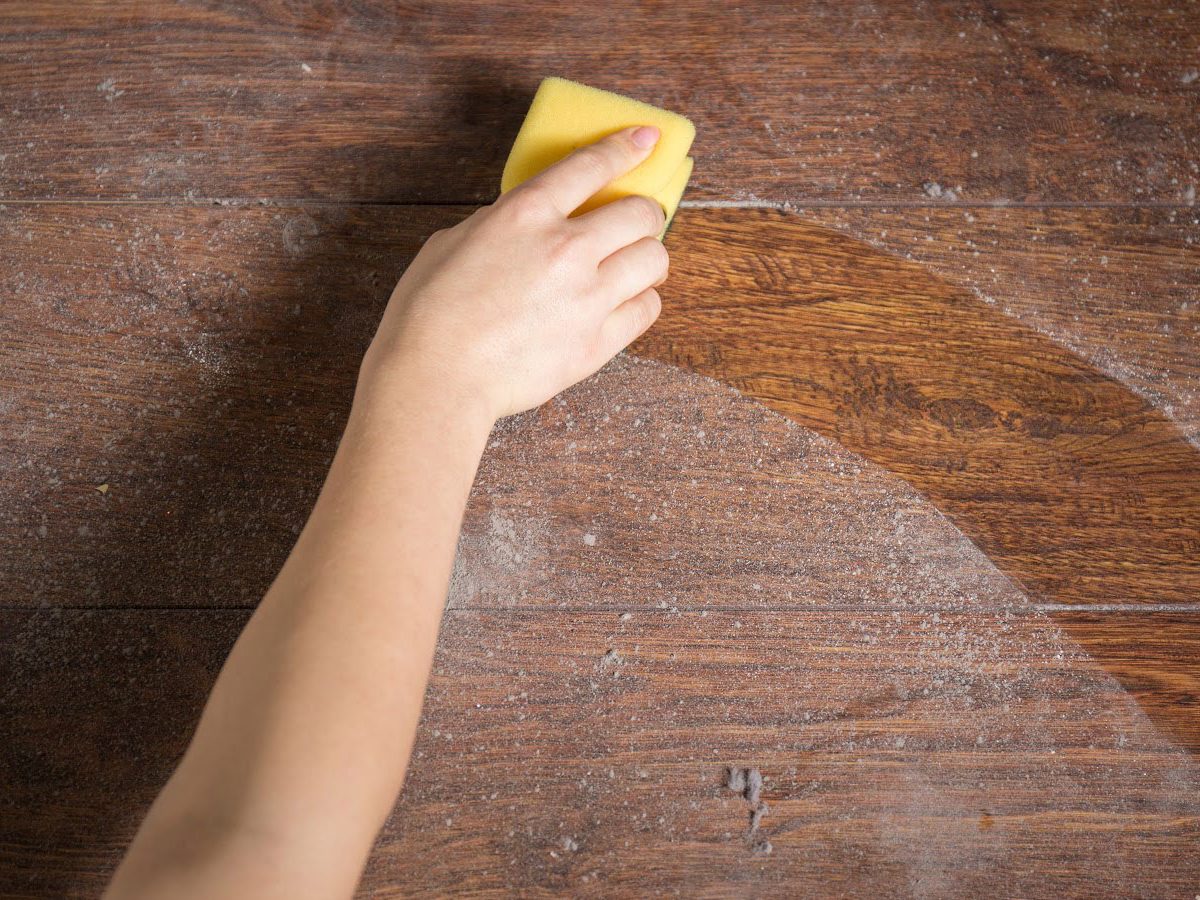Dust: The Silent Intruder of Our Homes
Have you ever noticed a thin layer of dust on your furniture or floors? Or perhaps, have you ever experienced sneezing or coughing without any apparent reason? You might be surprised to learn that dust is much more than just a nuisance. In fact, dust is an intruder that can harm our health and damage our homes. In this article, we will explore the world of dust, its composition, and the effects it can have on our well-being.
What is Dust, and Where Does it Come From?
Dust is a collection of tiny particles that are suspended in the air. These particles can come from various sources, including outdoor pollutants, such as pollen and soil, and indoor sources, such as pet dander, dead skin cells, and fibers from clothing and furniture. Dust can also contain microscopic organisms, such as bacteria, fungi, and viruses.
The composition of dust can vary depending on its source and location. For example, dust from outdoor sources may contain higher levels of soil particles, while indoor dust may contain more skin cells and pet dander. In addition, dust can also contain harmful chemicals, such as lead, pesticides, and flame retardants.
Effects of Dust on Our Health
Dust can have various effects on our health, depending on the size and composition of the particles. Larger particles, such as pollen and pet dander, can irritate our respiratory system and cause symptoms such as coughing, sneezing, and runny nose. These symptoms can be particularly severe in people with allergies or asthma.
Smaller particles, such as those found in cigarette smoke, can penetrate deep into our lungs and cause long-term health effects, such as chronic bronchitis and emphysema. In addition, dust can also contain harmful chemicals, such as lead and pesticides, which can cause neurological damage and other health problems.
Moreover, dust can also worsen existing health conditions, such as cardiovascular disease and lung cancer. According to the World Health Organization, air pollution, including dust, is responsible for 7 million premature deaths worldwide each year.
Effects of Dust on Our Homes
Dust can also have various effects on our homes. When dust accumulates on surfaces, such as furniture and floors, it can make them look dull and unclean. In addition, dust can also damage electronic devices by clogging the vents and causing them to overheat.
Moreover, dust can also damage our homes' heating and cooling systems by clogging the filters and reducing their efficiency. This can lead to higher energy bills and the need for frequent repairs.
How to Control Dust in Your Home
Controlling dust in your home is essential for your health and the well-being of your home. Here are some tips on how to reduce the amount of dust in your home:
Clean regularly - Dust accumulates quickly, so it's essential to clean your home regularly. This includes vacuuming carpets and floors, dusting surfaces, and washing bedding and curtains.
Use a HEPA filter - A HEPA filter can capture tiny particles, such as pet dander and pollen, and reduce the amount of dust in your home.
Keep your home dry - Humidity can promote the growth of mold and other allergens. Use a dehumidifier to keep the humidity levels in your home below 50%.
Remove your shoes - Shoes can track in outdoor pollutants, such as pollen and soil. Removing your shoes when you enter your home can reduce the amount of dust and other pollutants.
Use natural cleaning products - Chemical cleaning products can release harmful fumes and contribute to indoor air pollution. Using natural cleaning products, such as vinegar and baking soda, can reduce the amount of harmful chemicals in your home.
Dust may be a silent intruder, but it's one that we can't afford to ignore. By understanding the sources of dust, its composition, and its effects on our health and homes, we can take steps to protect ourselves and our loved ones. So the next time you see dust accumulating in your home, remember that it's not just an eyesore, but a potential hazard that needs to be controlled.
Labels: health, Interesting, science, Technology


0 Comments:
Post a Comment
Subscribe to Post Comments [Atom]
<< Home